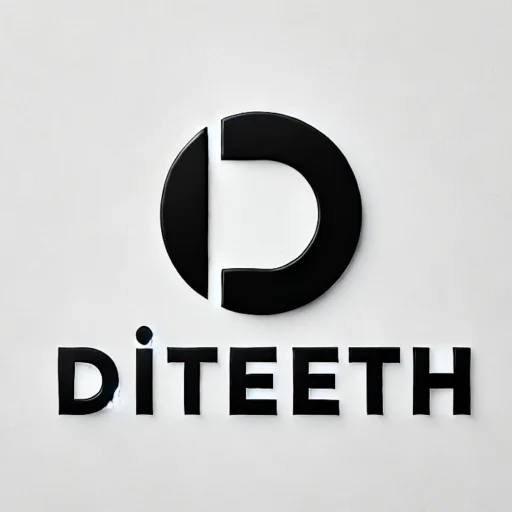
Google’s AI updates play a significant role in determining website rankings. These updates are designed to enhance search quality by better understanding user intent, identifying high-quality content, and penalizing spammy or manipulative SEO tactics. Here’s how recent AI-driven updates affect website rankings:
1. Improved Content Understanding (BERT & MUM)
- Google’s BERT (Bidirectional Encoder Representations from Transformers) helps the search engine understand natural language better, improving results for conversational queries.
- MUM (Multitask Unified Model) goes even further, processing and analyzing text, images, and video to deliver highly relevant answers.
Impact on Rankings: Websites with well-structured, high-quality content that directly addresses user intent rank higher.
2. Helpful Content System
- Google’s Helpful Content Update prioritizes sites that provide useful, informative, and people-first content while devaluing pages created solely for SEO purposes.
Impact on Rankings: AI now detects if a website is filled with low-value, AI-generated, or keyword-stuffed content and reduces its visibility.
3. Spam Detection (SpamBrain)
- SpamBrain is Google’s AI-powered spam detection system, which continuously evolves to identify link spam, cloaking, and other black-hat SEO techniques.
Impact on Rankings: Websites relying on manipulative link-building or duplicate content may see a ranking drop.
4. Page Experience & Core Web Vitals
- Google’s AI assesses Core Web Vitals, which measure page speed, interactivity, and visual stability.
- The Page Experience Update emphasizes mobile-friendliness, HTTPS security, and intrusive interstitial avoidance.
Impact on Rankings: Faster, more user-friendly websites tend to rank higher.
5. E-E-A-T (Experience, Expertise, Authoritativeness, Trustworthiness)
- Google’s AI analyzes E-E-A-T signals to rank authoritative content higher, especially for Your Money or Your Life (YMYL) topics.
Impact on Rankings: Websites with expert authorship, authoritative backlinks, and transparent sourcing gain more visibility.
How to Adapt to Google’s AI Updates
- Create High-Quality, Human-Centric Content – Avoid AI-generated spam and focus on originality.
- Improve User Experience – Optimize site speed, mobile-friendliness, and navigation.
- Follow E-E-A-T Guidelines – Establish authority with expert content, author bios, and reputable sources.
- Use Natural, Conversational Language – AI-driven updates favor content that aligns with user search intent.
- Monitor SEO Performance – Keep track of Google algorithm changes and adjust strategies accordingly.
